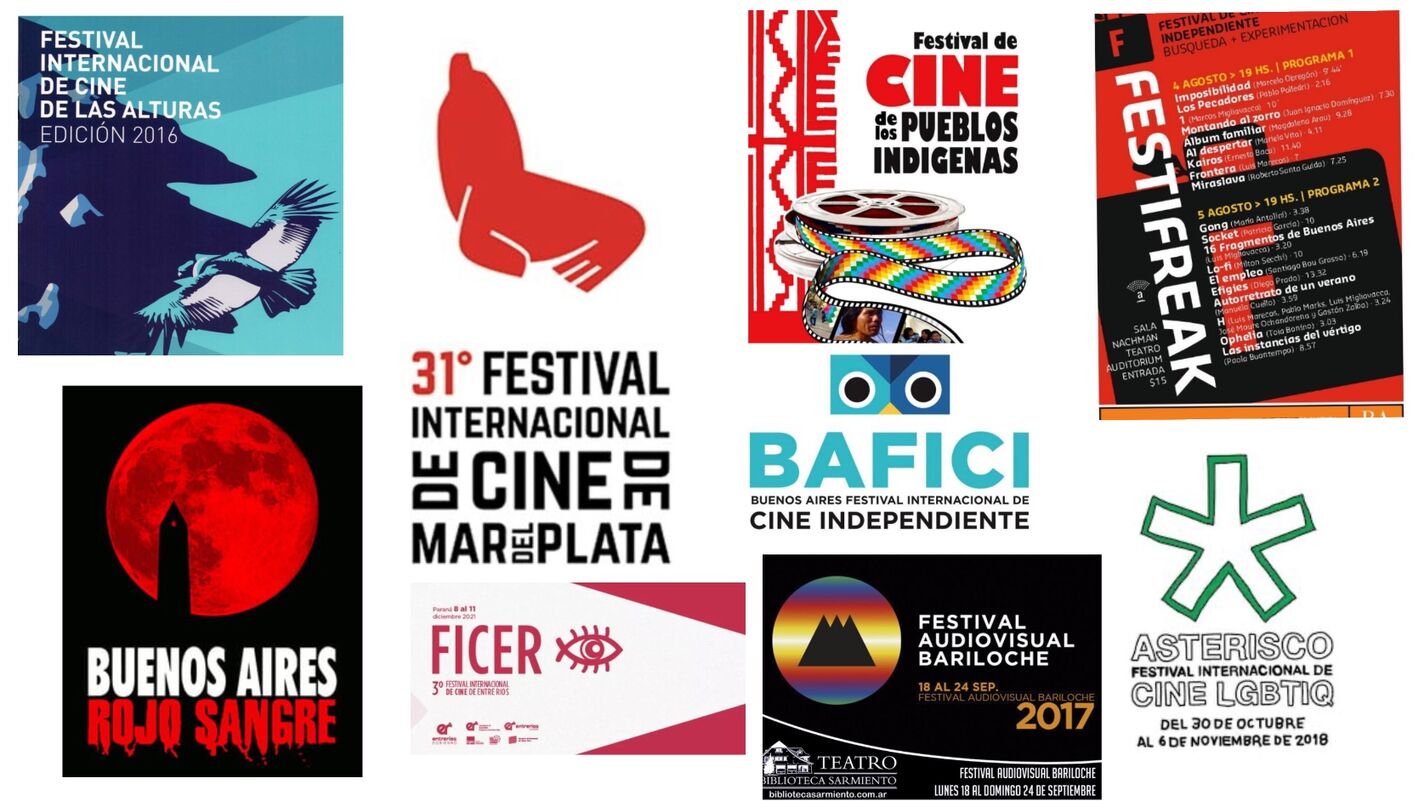Film festivals constitute major events for the study of film cultures insofar they stand out as relevant places for cultural legitimization, professional socialization and the attraction of new audiences. Although research on film festivals has considerably expanded in Europe, it had a more limited development in Latin America. The aim of this project is to analyze how film festivals transform and develop film cultures in central and peripheral cities of Argentina. In order to meet this objective, it will examine comparatively three leading festivals within the country: the Buenos Aires Festival Internacional de Cine Independiente” (BAFICI), the Festival Internacional de Cine de Mar del Plata and the more recent Festival Internacional de Cine de las Alturas. Each of these events emerged aiming to challenge and to transform local film landscape in different directions. While the BAFICI’s purpose was to screen independent and innovative productions for a cinephile audience, Mar del Plata’s festival would become a leading event for social encounters of film professionals. For its part, more than a thousand kilometers north of Buenos Aires, the Festival de las Alturas (Festival of the Heights) stands out as the first film festival that defines the Andes as a specific film region.
The project grounds its analysis in four basic dimensions: participating films, professionals who attend the event, its internal and institutional organization and the “politics of place” (Loist 2015) that are carried out. The Argentine case is especially interesting due to the relevance its film festivals achieved in the last two decades as well as the important position its film production has historically acclaimed. Besides, it provides an exciting opportunity to advance on a relatively neglected agenda in cultural and media studies: center-periphery dynamics within peripheral countries, as well as complex relations between cities in cultural fields –competition, cooperation, regional leadership, international prevalence–. The study uses a qualitative approach based on three methods: archive research, in-depth interviews and ethnographic observation.
The project is funded by the DFG – Deutsche Forschungsgemeinschaft.


